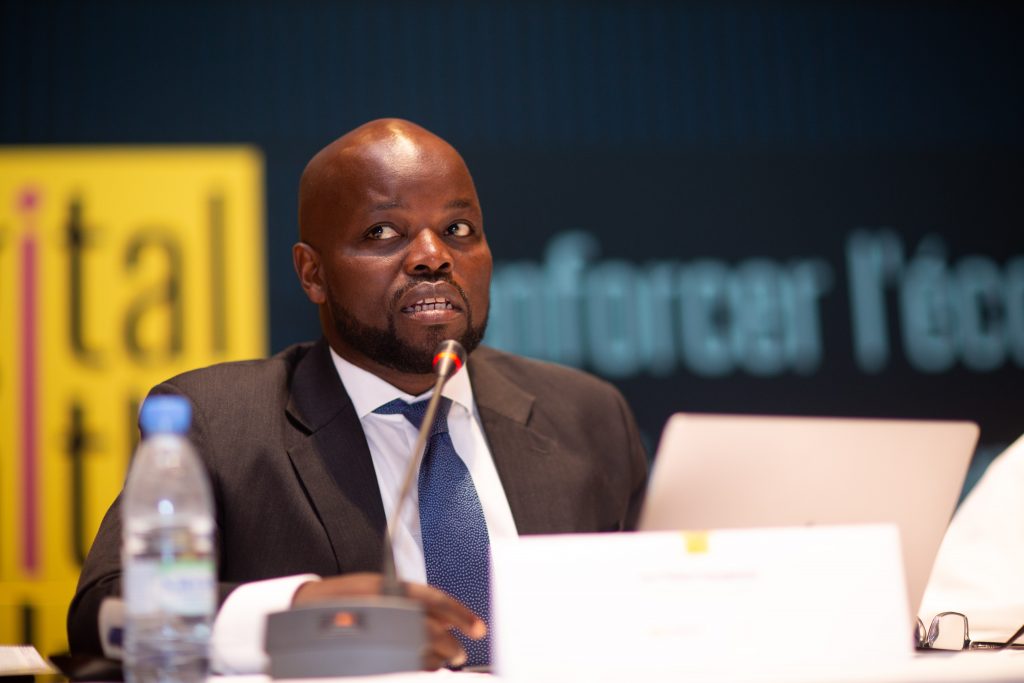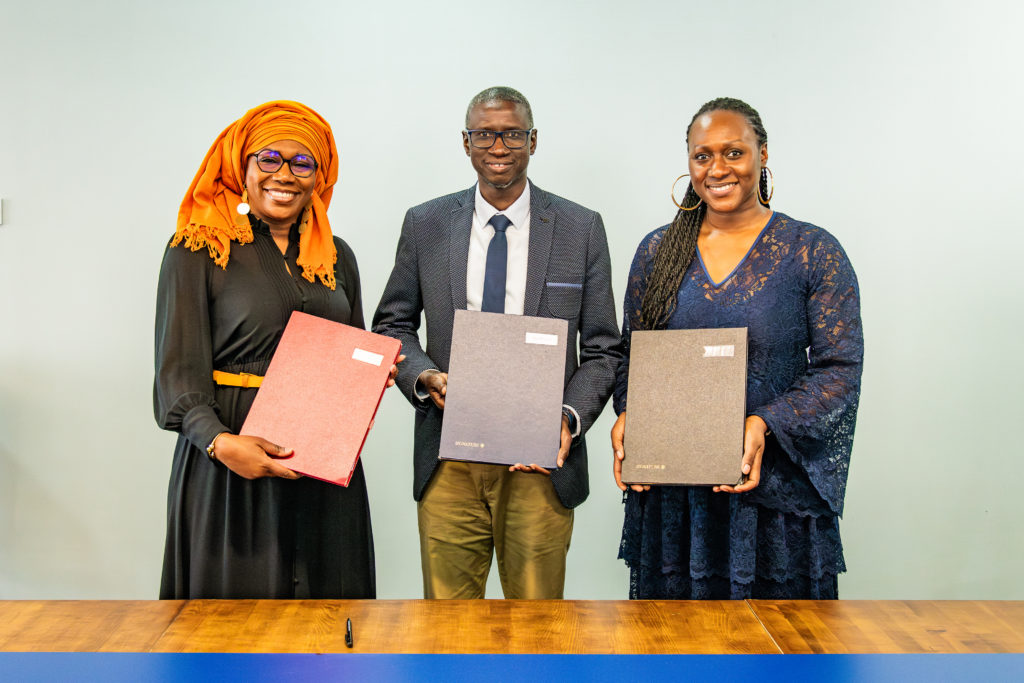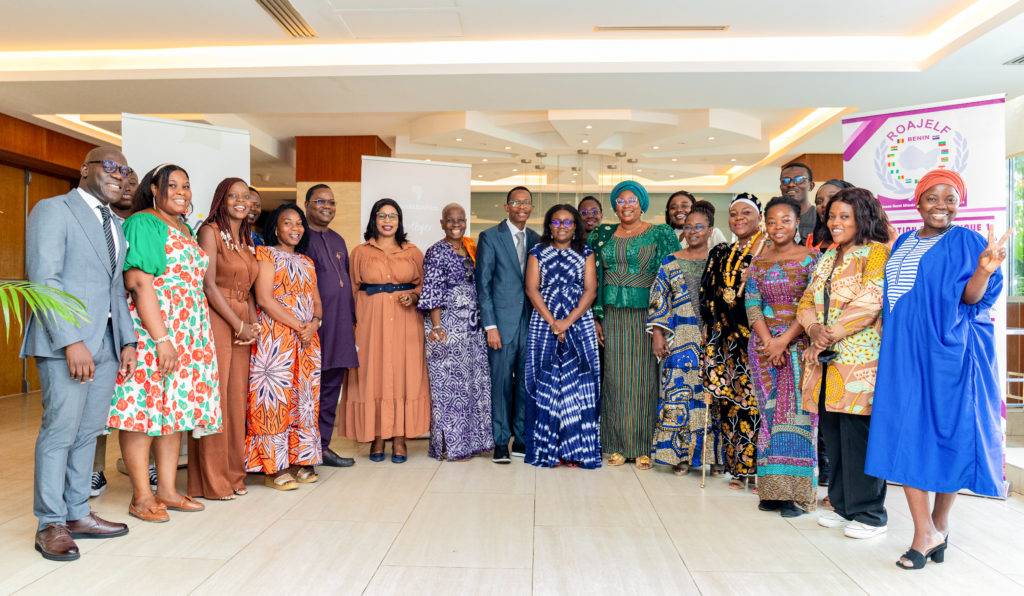Digital Health Week: Strengthening Africa’s Digital Health Ecosystem

Last week, advocacy tank Speak Up Africa and the Baobab Institute convened digital health experts who discussed the challenges and opportunities of the digital age for the sector and how to address current policy gaps as part of Digital Health Week (29 November – 3 December).
The discussions focused on the transformative power of technology on adequate and affordable health services in Africa. Moderated by Founder of the Baobab Institute, Pape Gaye, panel members including Amadou Moreau from the Global Research and Advocacy Group with substantial contributions from Sebastien Kusznier from IT4Life and Nils Kaiser Digital Health Advisor from kaikai explored how to make data and information about digital health more accessible in order to accelerate progress toward meeting the UN Global Goal of global health coverage by 2030.
We see digital health as the next step in our journey to achieving universal health coverage, especially in Africa. Together with the Baobab Institute, we are seeking to provide a space where actors who are already in the digital health space can interact with those looking to enter it, and with the physical health sector. Now we must look to expand our current technical capacity to enhance our ability to implement these changes.
Ms. Yacine Djibo, Executive Director of Speak Up Africa
Digital Health Week, organized by Transform Health, saw people from around the world come together to accelerate digital transformation of health in a bid to achieve universal health coverage by 2030. In 2015, world leaders committed to this global target to ensure everyone has access to quality health services, without facing financial hardship. Despite the expansion of health services, according to current trends only 50% of the global population are predicted to benefit from essential health services by this date.
Digital health, as defined by the World Health Organization (WHO) is “any aspect of adopting digital technologies to improve health, from inception to operation” – and includes mobile health technologies, telehealth services, wearables, electronic health records, AI-based disease monitoring, digital diagnostics, robotics, and more. Existing digital technologies can be harnessed to solve problems at a local level, strengthening health systems and increasing accessibility.
Africans have the potential to harness and improve on existing digital technologies and implement them in unique ways that benefit local people and address specific issues. We need to discover and invest in emerging local talent so that we are better equipped to create our own sustainable strategies.
Pape Gaye, Founder of Baobab Institute
Digital technologies are already a growing part of most health systems. However, in many countries, digitalisation is without direction or as part of a unified strategy. This is a key aspect of the work that both Speak Up Africa and the Baobab Institute will seek to lead on going forward, with a focus on uniting the emerging digital word with established healthcare systems, and educating and enabling heath workers.
We have to physically engage our communities with technology and innovation. To ensure that new technologies are successfully adopted, healthcare staff must be directly involved from the beginning. We must nurture a dynamic of co-creation if we are to move forward and fully appropriate these tools to create real change in the health sector.
Jean-Philbert Nsengimana, Keynote speaker, Africa Managing Director of the Commons Project, and former minister of Youth and ITC for Rwanda


